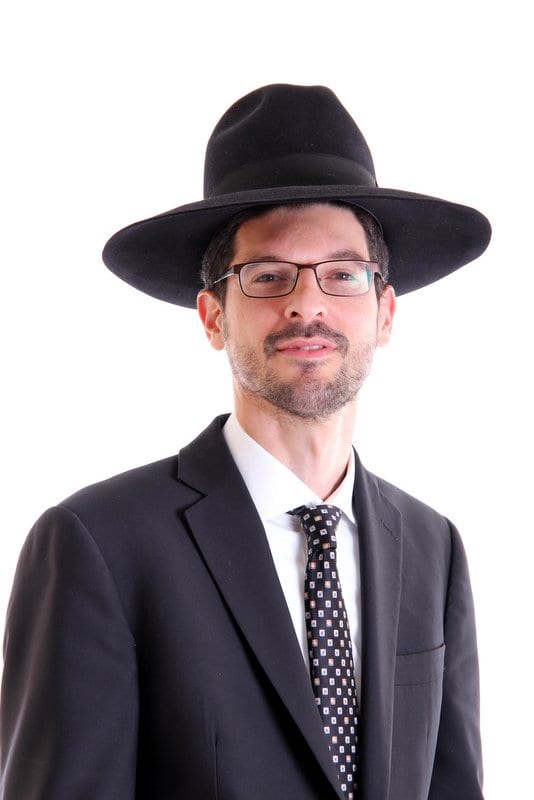
In response to the B’nei Yisrael’s decision to listen to the negative reports of the spies Hashem asks :
“Until when will this people anger me and until when will they not believe in me given all the signs I have brought about in their midst (Bamidbar 14;11)”.
Rashi explains that Hashem is referring to all the miracles he had wrought for the Jews and the complaint was that they should have believed in His ability to bring them to Eretz Yisrael as promised.
Now it is well established that the greatest revelation that the B’nei Yisrael ever experienced was the giving of the Torah at Sinai. That meeting between Hashem and his people was to serve as the bedrock for our faith for all the generations to come. It is surprising therefore that when Hashem explains why he would have expected the B’nei Yisrael to have more faith he refers only to the “miracles” that they had witnessed. The reference to “miracles” would appear to include only spectacular episodes such as the ten plagues, the splitting of the sea, the manna and the other aspects of the Jewish people’s unnatural existence in the wilderness. But why no mention of mattan Torah? Surely in pointing out the reasons why the B’nei Yisrael were expected to have more faith reference should have been made to the giving of the Torah – the ultimate revelation of Hashem’s relationship with the Jewish people?
In the aleinu prayer which we say three times a day we refer to a verse in Devarim in which after reflecting on the uniqueness of the Sinai experience and the fact that no other nation has ever witnessed a revelation of that sort Moshe commands the B’nei Yisrael:
“And you should know it today and place the knowledge in your heart that Hashem is G-d in heaven above and on the earth below – there is no other” (Devarim 4;39)
It seems that this is a double-layered instruction. First the B’nei Yisrael need to “know” about Hashem’s existence and unity. They then need to “place that knowledge” on their hearts. What does it mean to “place the knowledge on your heart”?
We consider ourselves maaminim b’nei maaminim – believers in Hashem just as our parents were believers. However how often does it happen that we find ourselves in a stressful situation and are overcome with worry and desperation? At times like this what happens to our belief in Hashem and the fact that he controls every aspect of our lives? Can it be that we stop believing temporarily as we sink into a sea of anxiety?
Certainly not; Human nature is such that we can accept concepts or facts intellectually but fail to absorb those concepts or facts into our bones. Our emotions do not reflect our knowledge without adequate training. To “know” something is not difficult. But to “place that knowledge on our heart” takes more effort.
That is why in addition to receiving the Torah at Sinai it was essential for the B’nei Yisrael undergo a process of education which would enable that experience to impact on their emotions. This education involved experiencing many miracles both before and after mattan Torah. In particular the manner in which the B’nei Yisrael were sustained in the barren desert, with food, meat and water via the well served to slowly show the people both their complete reliance on Hashem and also that they could trust in Hashem for all their practical needs.
This idea explains why when chastising the B’nei Yisrael Hashem did not refer to the experience of mattan Torah when giving reasons why the B’nei Yisrael should have had more faith in him. It was expected that mattan Torah would only provide an intellectual appreciation of Hashem’s existence. It was the miracles which predated and followed mattan Torah however which were supposed to have taught the people to trust in Hashem and at this point in time the people showed that they had not yet learned the lessons of those miracles.







